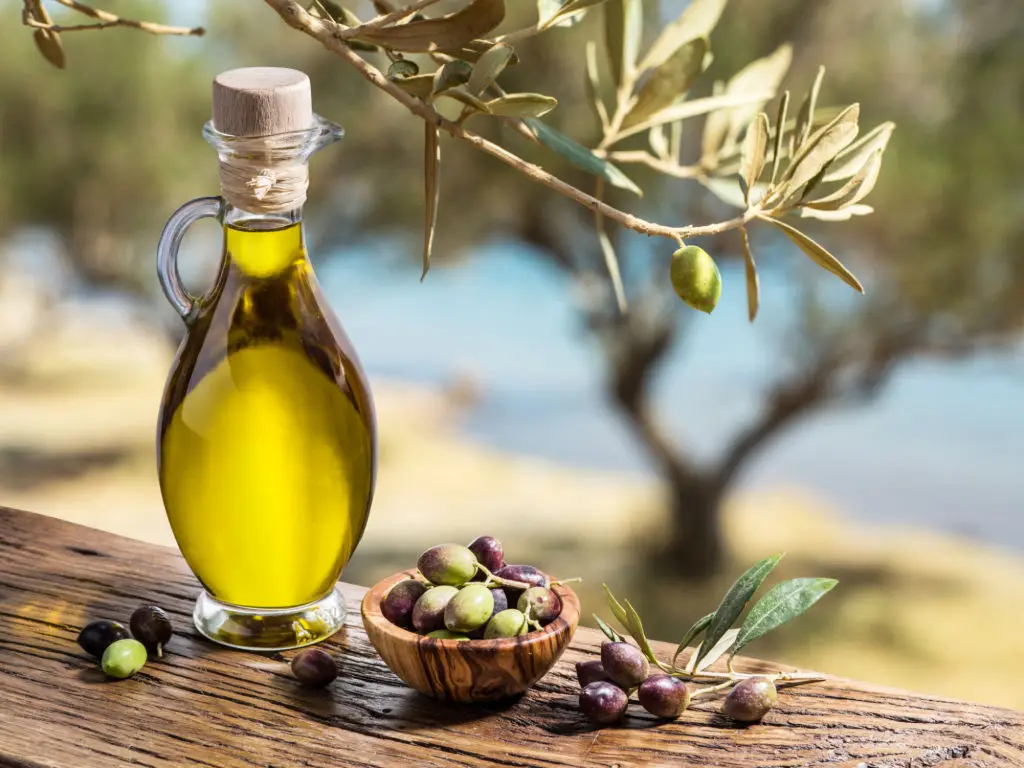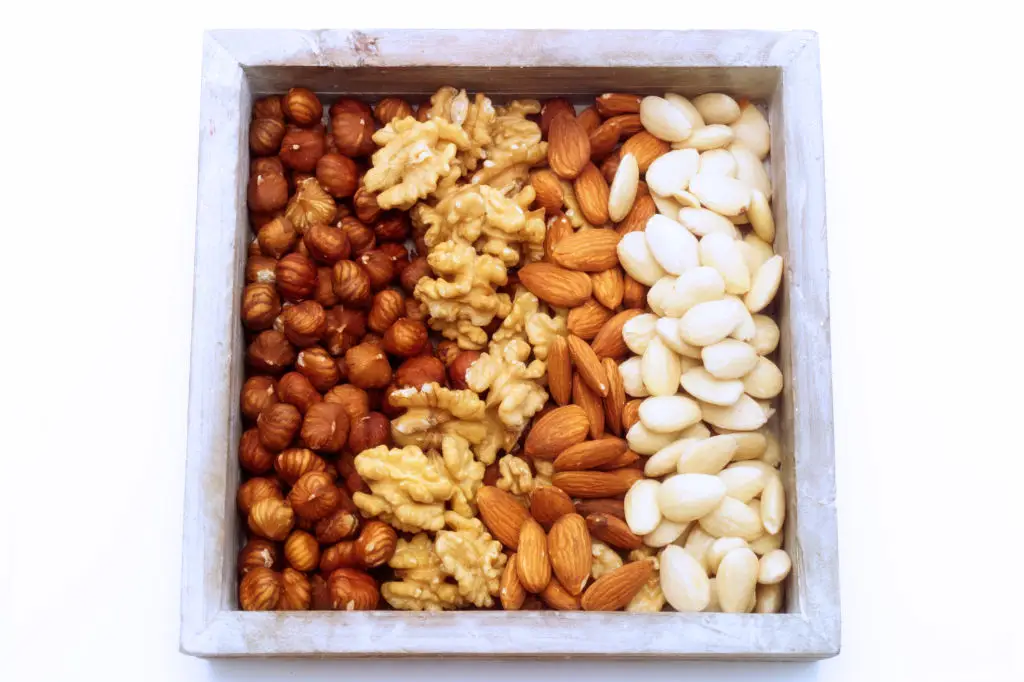11 'Forbidden' High-Fat Foods Your Heart Secretly Loves
3. Extra Virgin Olive Oil

Extra virgin olive oil is a staple of Mediterranean-style eating and one of the simplest swaps for heart care: use it in place of butter or refined vegetable oils. Rich in monounsaturated fats and polyphenols, it supports healthy blood vessel function and is satisfying on salads, roasted vegetables, and whole grains. Choose cold-pressed, extra virgin varieties for the best flavor and antioxidant content, and store bottles in a cool, dark place to preserve quality. Use olive oil as a finishing touch or for low- to medium-heat cooking. Because oil is calorie-dense, measure portions—about a tablespoon adds flavor and benefits without overwhelming daily calories. If you want to make everyday cooking more heart-minded, use olive oil for dressings and light sautés, and reserve butter or ghee for occasional use where flavor matters most.
4. Nuts (walnuts, almonds)

Nuts are portable, nutrient-dense sources of unsaturated fats, fiber, plant protein, magnesium and other micronutrients that support heart health. Regular nut intake is associated with improved cholesterol profiles when nuts replace snacks high in refined carbs or saturated fat. Walnuts are particularly rich in plant-based omega-3 ALA, while almonds offer vitamin E and magnesium. A practical portion is a small handful—about 1 ounce—so you enjoy the benefits without excess calories. Add nuts to salads, oatmeal, or yogurt, or keep small pre-portioned bags for smart snacking. Choose raw or dry-roasted nuts with little or no added salt or sugar. If you have nut allergies, of course avoid them; otherwise, nuts are a sustainable, heart-friendly fat source that fits many eating patterns and tastes.
